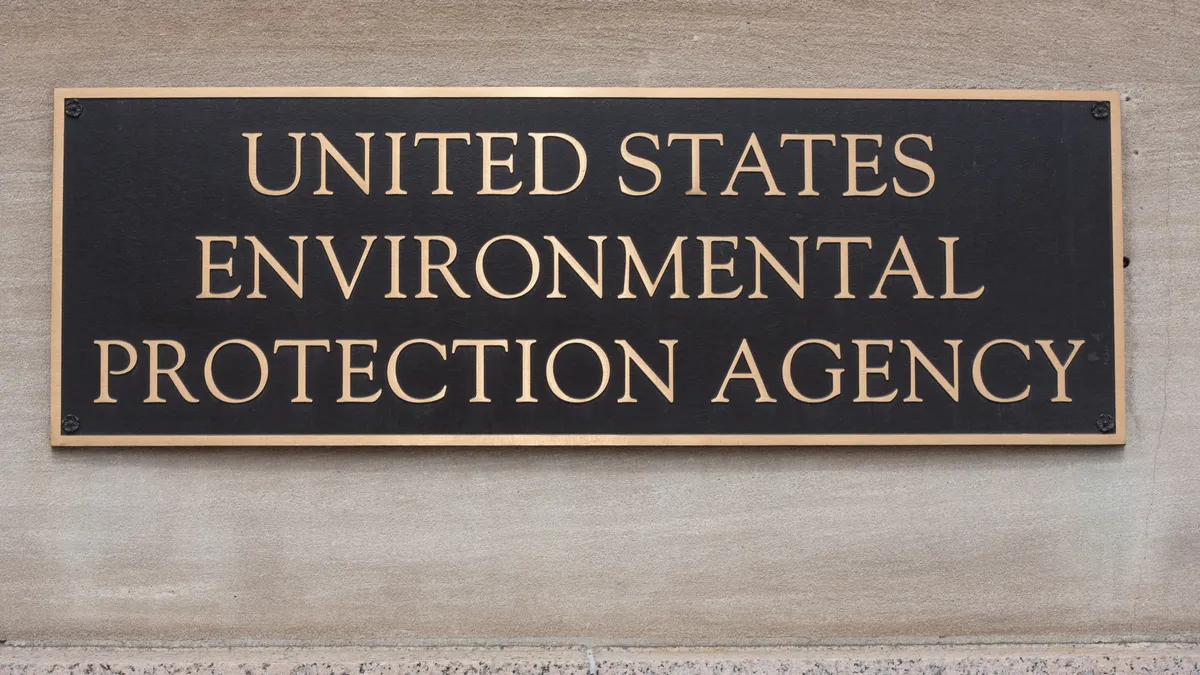Dive Brief:
- The U.S. Environmental Protection Agency on Wednesday withdrew its proposal to give electric vehicle manufacturers tradable credits for charging vehicles with power generated from biogas.
- The agency pulled the proposal because it was concerned the rule would face legal challenges, according to Reuters.
- Automakers stood to earn billions of dollars from the program. The EPA said it would continue to work on advancing the policy.
Dive Insight:
As part of the Biden administration’s goals to lower climate pollution and accelerate EV deployment, the EPA last year recommended including EVs in the Renewable Fuel Standard, a federal program mandating that oil refiners blend biofuels into their fuels or buy credits from other refiners that do.
The oil and gas industry balked at the proposal.
“EPA sought to create a new ‘eRIN’ obligation which would have compelled refineries to directly subsidize electric automakers for producing vehicles capable of charging with electricity from biogas,” the American Fuel & Petrochemical Manufacturers said in a news release Wednesday.
Republican politicians also opposed the plan, arguing that lawmakers never intended the EPA would use the RFS program to support EVs.
“The RFS is intended to focus on liquid transportation fuels, and not to be used as a tool to electrify transportation,” Republican members of the House Energy and Commerce Committee said in an April statement. “However, EPA’s proposed rule significantly changes how [Renewable Identification Numbers] would be addressed under the RFS program to allow for blended transportation fuel produced from renewable biomass to generate [credits] for electric vehicles.”
Under the proposed rule, automakers would have received up to 600 million in credits in 2024 and 1.2 billion credits in 2025. The EV credits would have nearly doubled the total cellulosic credit pool from 720 million in 2023 to 1.42 million in 2024. According to AEGIS Hedging, cellulosic credits traded up to $2.22 each during the first half of the month.
AFPM President and CEO Chet Thompson celebrated the EPA’s decision to table the EV plan, hinting that oil refineries would sue if regulators tried to implement the policy again.
“Refiners are pleased to see that EPA has chosen to abandon its unlawful attempt to turn the RFS — a liquid fuel program designed to promote U.S. energy independence — into yet another nine-figure government subsidy program for electric vehicles. eRINs do not belong in the RFS and shouldn’t be resurrected,” he said in a statement.














